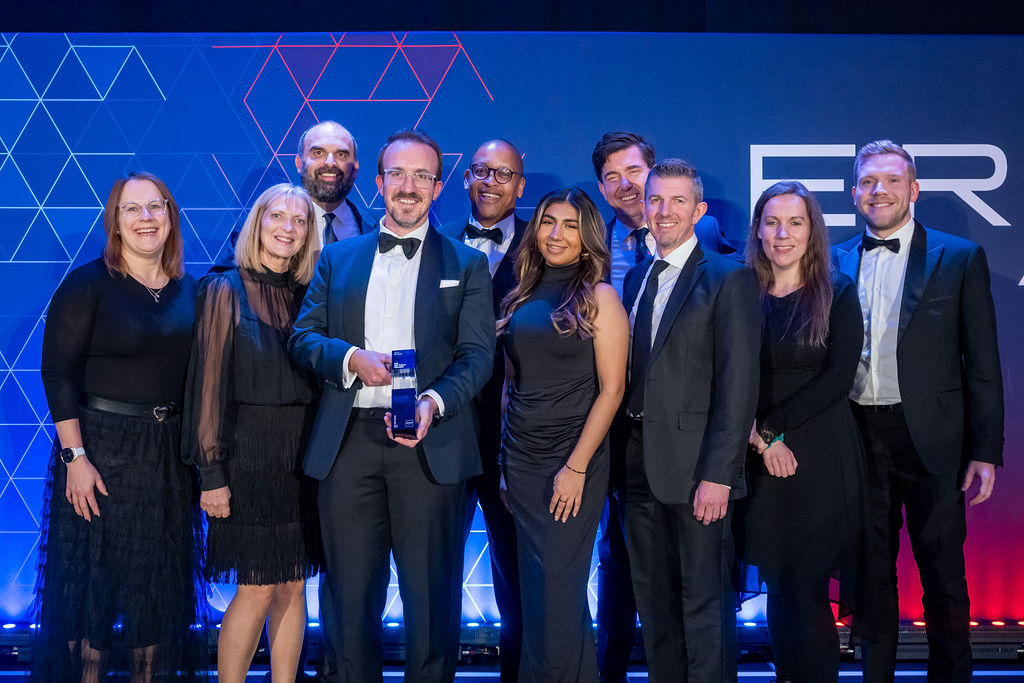I used to think I was less productive working from home; always fitting personal jobs around work, for example putting on some washing or walking the dogs at lunchtime. It was a nice treat a few times a month, with the opportunity to grab an extra hour’s sleep in the morning. Then the COVID-19 pandemic hit and working from home became the new norm. The novelty has definitely worn off, but until recently, I was still under the impression that I was less effective than if I were in the office.
After having a couple of in person customer meetings and a few days back in the office, I now realise I am equally productive at home, just in a different way. The travel time and set up required when visiting customers is significant and something I had completely forgotten about during the various lockdowns. Working from home means I seamlessly switch between four or five projects a day which just wouldn’t have been possible previously. I also utilise the two hours a day I used to spend commuting (no more lie-ins!). So overall, I am able to make the extra hours and added freedoms count.
However, it can be tricky to balance a job with a personal life when working from home. There are endless blogs and news articles listing ‘top tips’, but do they work and if so, for how long? In order to establish a routine, I go for a walk every morning and evening, and try to only look at my laptop or phone between those times. I feel this helps to create a clear distinction between work and life, although it was certainly not a conscious effort, as I instinctively fell into the pattern. I do find it hard to motivate myself to walk when it’s raining though…
Working from home has also required a change in approach. It is significantly more difficult to keep a virtual audience engaged; there are so many tempting distractions including multitasking and checking emails. Less engagement makes it more difficult to build relationships. Just like other industries, it has been necessary for us to adapt and use tools, for example online quiz platforms, to make our online presentations interactive. However, in my experience, it is important to change and vary these approaches to avoid digital fatigue. I am already thinking about how we can use these approaches to enliven face to face meetings in the future. A return to in person meetings will also require a concerted effort to practice and renew presentation skills. I find it easier and less anxiety inducing to present virtually from my living room – but at the same time, less rewarding.
So, what happens now? As we tentatively begin to think of a world after COVID-19, will we return to offices en masse, or has the pandemic proven we can work just as effectively and more cost efficiently from home? Going forward, personally I think I would prefer a hybrid way of working, with 2 or 3 days a week in the office or on-site with customers and some focussed days working from home.
But, is this sustainable? What are the long-term implications? Do employers feel the same way as employees? As young professionals, are we missing out on valuable networking opportunities? It is important to set expectations and define the way we want to work, coming up with innovative, more efficient and maybe even more effective options. We need to devise a system that is sustainable and promotes healthy ways of working, without limiting our career advancements. Join the Young Professionals Network today to join the discussion on this and other topics. Sign up here.




